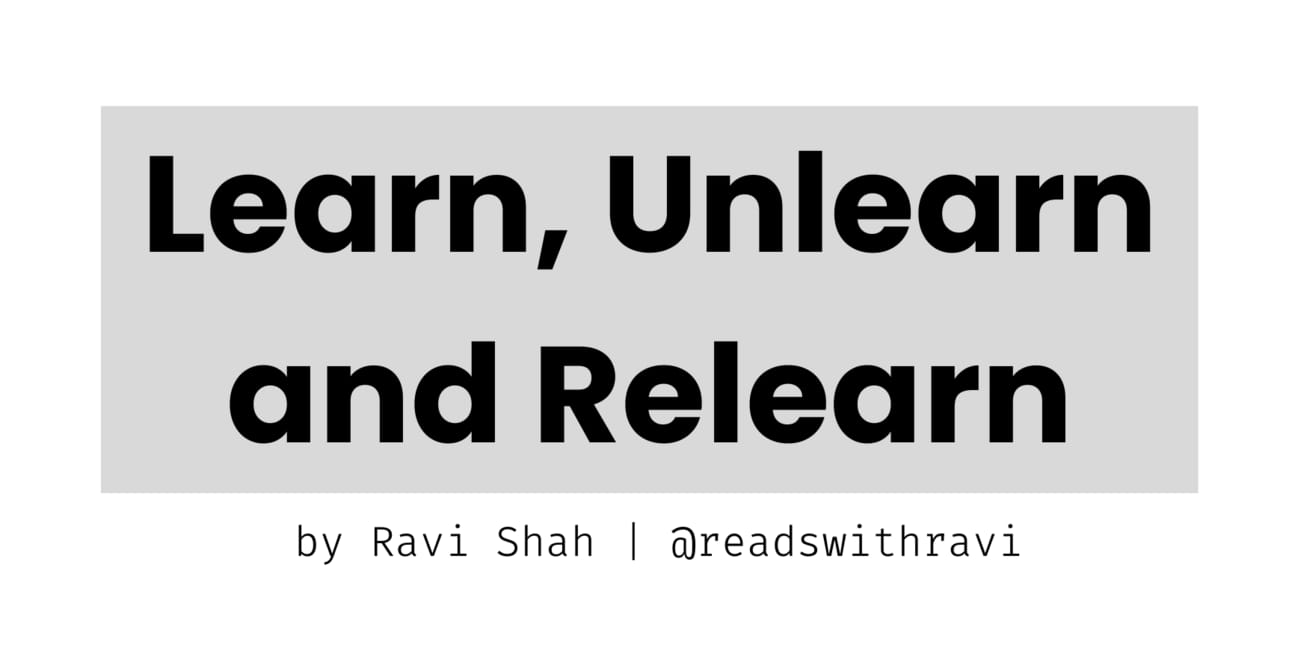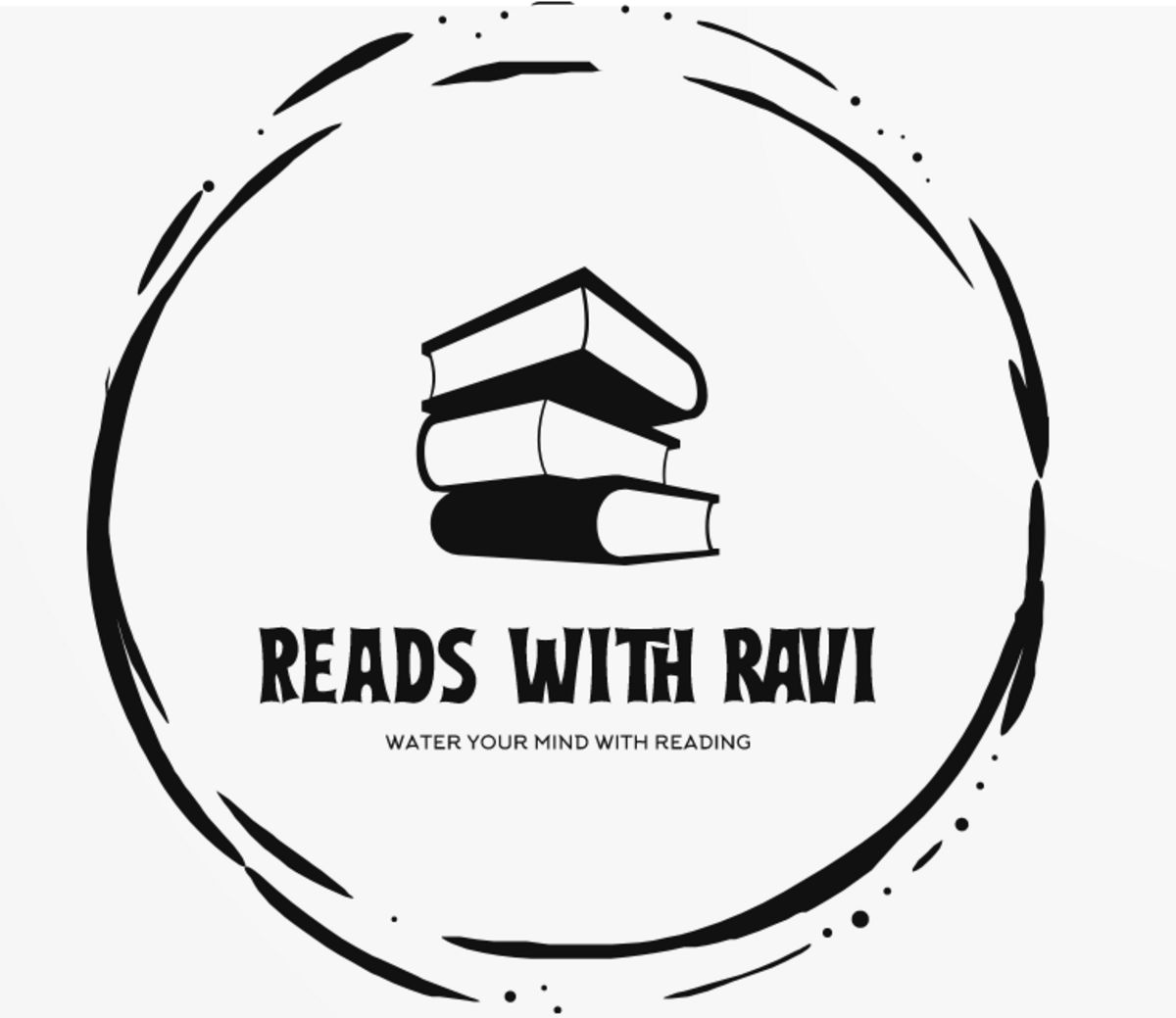
The Daily Newsletter for Intellectually Curious Readers
Join over 4 million Americans who start their day with 1440 – your daily digest for unbiased, fact-centric news. From politics to sports, we cover it all by analyzing over 100 sources. Our concise, 5-minute read lands in your inbox each morning at no cost. Experience news without the noise; let 1440 help you make up your own mind. Sign up now and invite your friends and family to be part of the informed.
Happy Thursday folks!
Here is my favorite passage of the week, two quotes and book of the week with two important lessons to ponder on:
Passage of the Week:
Novelist and philosopher Fyodor Dostoevsky on the consequences of self-deception:

From The Brothers Karamazov by Fyodor Dostoevsky
Two Quotes:
“The most important decision you make is to be in a good mood.”
“The greatest remedy for anger is delay.”
Book of the Week with 2 Important Lessons:
The book of the week is Supercommunicators: How to Unlock the Secret Language of Connection by Charles Duhigg.

Communication is a superpower. Our personal and professional success depends upon our ability to understand and be understood. This book is a fascinating exploration of what makes conversations work and it will guide you to become a more effective listener and speaker.
The book argues, understand that whenever we speak, we’re actually participating in one of three conversations: practical (What’s this really about?), emotional (How do we feel?), and social (Who are we?). If you don’t know what kind of conversation you’re having, connection is hard. The author shows how to recognize these three conversations and teaches us the skills we need to navigate them more successfully.
Here are two important lessons from the book:
1) The Matching Principle:
Communication comes from connection and alignment. Effective communication requires recognizing what kind of conversation is occurring and then matching each other. On a very basic level, if someone seems emotional, allow yourself to become emotional as well. If someone is intent on decision making, match that focus. If they are preoccupied by social implications, reflect their fixation back to them.
It is important to note that matching isn’t mimicry, we need to genuinely understand what someone is feeling, what they want, and who they are. And then, to match them, we need to know how to share ourselves in return. We need to prove to others that we are listening closely. When we align, we start to connect, and that’s when a meaningful conversation begins.
When we match someone’s mindset, a permission is granted: To enter another’s person’ head, to see the world through their eyes, to understand what they care about and need. And we give them permission to understand and hear us in return.
2) Hard Conversations:
Hard conversations, even with the most meticulous and thoughtful planning, can veer off in the directions we haven’t foreseen. We may misspeak. We may ask naïve questions. When those discomforts emerge, acknowledge it, and see them as opportunities to learn. We should remember to:
Draw out multiple identities: Ask people about their backgrounds, communities, the organizations and causes they support, and where they come from. Share your identities in return. We all contain multiple selves; none of us are one-dimensional. It helps to be reminded of that.
Work to ensure everyone is on an equal footing: Focus on welcoming everyone’s perspective. Don’t trumpet your wealth or connections, your privilege or seniority, your expertise. Seek to frame topics so everyone is an expert, or everyone a novice.
Acknowledge people’s experience and look for genuine similarities: Ask people about their identities and build on what you have in common. Connections become more meaningful when we push them a bit further and use them to understand each other better.
Manage your environment: Social identities gain and lose power based on their salience and the environment where a conversation occurs. Sometimes a simple shift like moving a discussion from a group setting to something more personal can shift what feels safe, and who feels welcomed.

Books – I am currently reading:
The Pleasure of Finding Things Out by Richard Feynman. A magnificent treasury of the best short works of Richard P. Feynman – from interviews and speeches to lectures and printed articles. A sweeping, wide-ranging collection, it presents fascinating view of a life in science-a life like no other.
Ordinary Time: Lessons Learned While Staying Put by Annie B. Jones. The popular From the Front Porch podcast host and independent bookstore owner challenges the idea that loud lives are the ones that matter most, reminding us that we don't have to leave the lives we have in order to have the lives of which we've always dreamed.
READING TIP: Question Whether the Book is Worth Reading
We often consume a lot of things out of habit, without questioning their worth, books included.
Never feel obligated to finish a book that doesn’t interest you. There are many great books out there to read. Read what you are interested in, or ignite your curiosity, or help develop the skills you want to cultivate.
Thank you for reading and all your support.
I am excited to keep bringing you the new and old books, great insights, and lessons.
Until next week, stay curious and happy reading!
— Ravi Shah | @readswithravi



